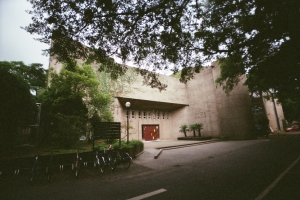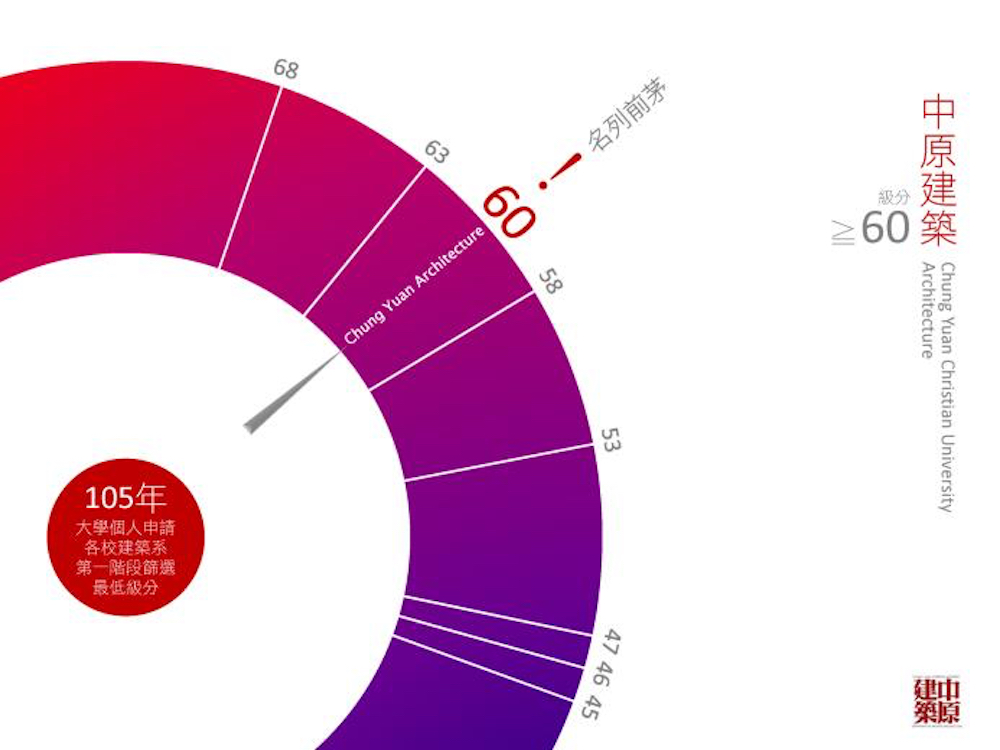Prospective Students
What is Architecture?
Architecture: A Multifaceted Discipline
Architecture is often simplistically defined as a discipline that combines art, humanities, and science. However, upon closer scrutiny, it becomes evident that the perspectives and values within architecture are remarkably diverse and multifaceted.

Different individuals perceive architecture in various ways, with some viewing it as a sensual sculpture, while others consider it a rational machine. Some see architecture as a container for life, while others interpret it as a manifestation of history and culture, or even as an industry and economy. These contrasting viewpoints give rise to a multitude of value systems, attracting a diverse range of followers and contributing to the complexity of architecture. This intricate nature makes it challenging to establish universal evaluation criteria, but it is also what renders the discipline fascinating to many.
For those who have not delved into architectural studies, appreciating the array of values mentioned above may prove to be difficult. Conversely, those engaged in the study of architecture develop unique interpretations of its meaning through the learning process. Consequently, the question “What is architecture?” has persisted as an enigmatic inquiry since antiquity. Only by immersing oneself in the field and embarking on the learning journey can one genuinely comprehend the essence of architecture.
Minimum Admission Grade
ARCH CYCU
Founded in 1960 (ROC Year 49), the Department of Architecture at Chung Yuan Christian University has a distinguished history within Taiwan’s architectural education landscape. As the second architecture department in the country, it also pioneered Taiwan’s first five-year architecture program.
Core Principles of the Department
The Department of Architecture at Chung Yuan Christian University embraces a set of guiding principles that shape its approach to architectural education. These principles encompass a dedication to public welfare and end-user consideration, a respect for nature and environmental sustainability, a commitment to preserving historical and cultural traditions, and a responsiveness to the prevailing spirit of the times. By integrating these principles into its teaching and research activities, the department establishes a paradigm for architectural education that is both innovative and impactful.

